Join us for our Lenten Homily Series “40 Day Planner” beginning February 18th!
Lent is a 40 day opportunity to practice aligning our lives with God’s covenant. We need to plan how we will do that these 40 days because it won’t happen by wishing it will happen. We look forward to seeing you at church!
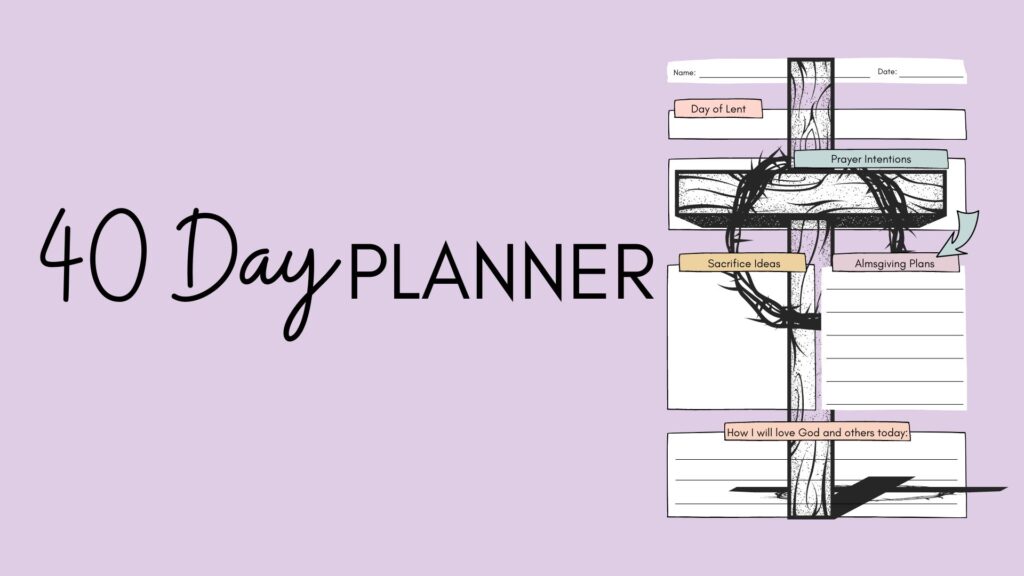
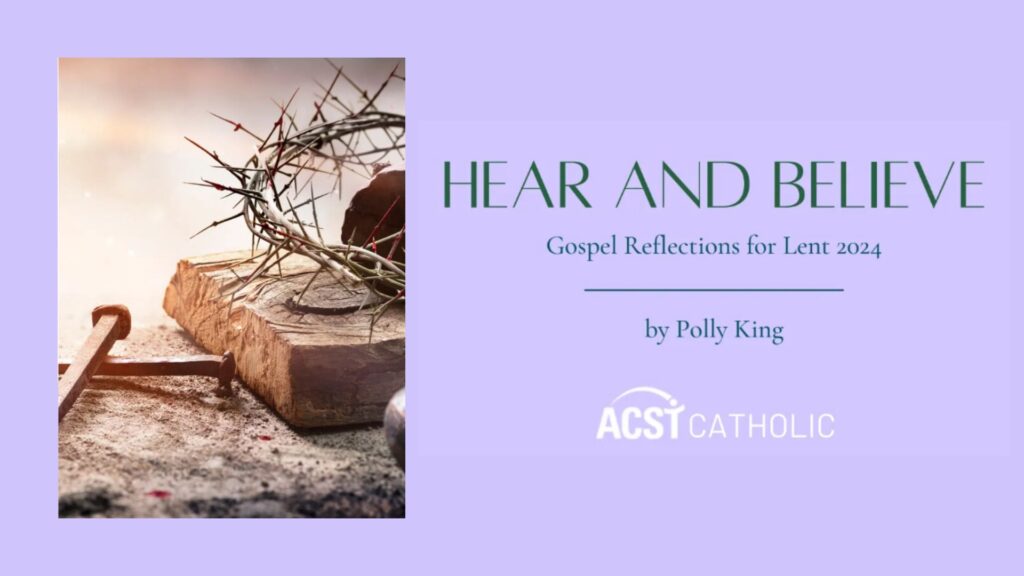
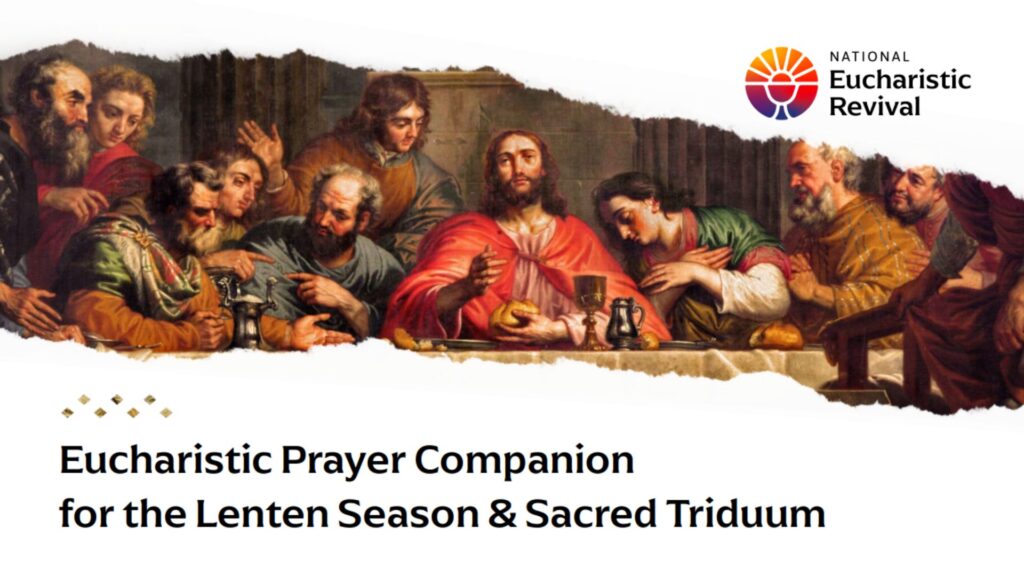
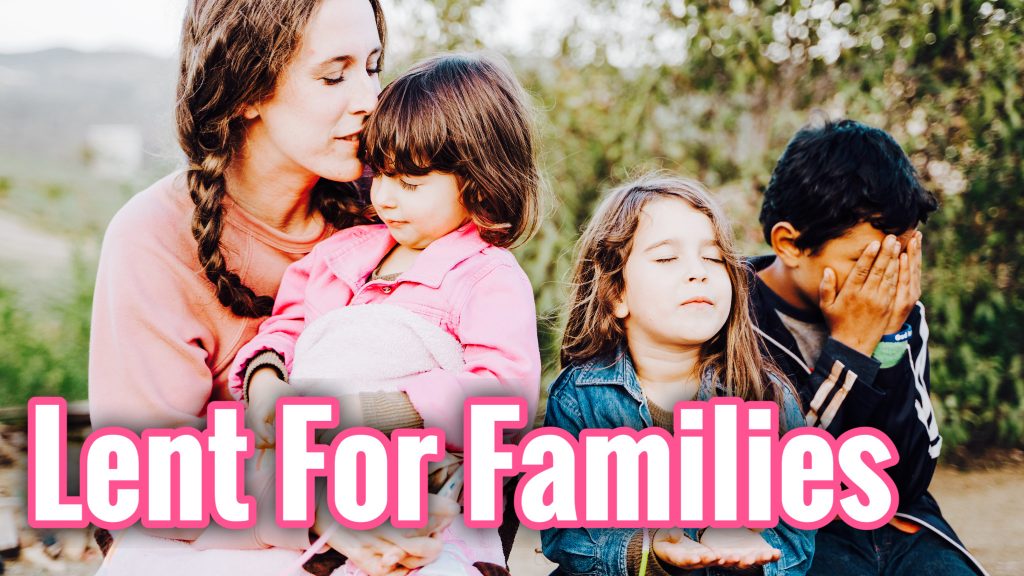
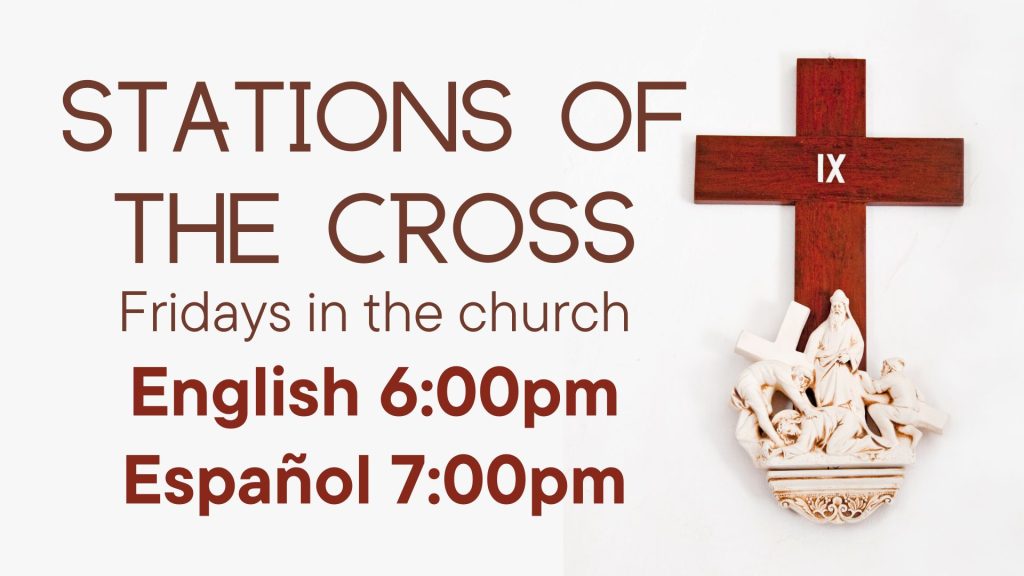
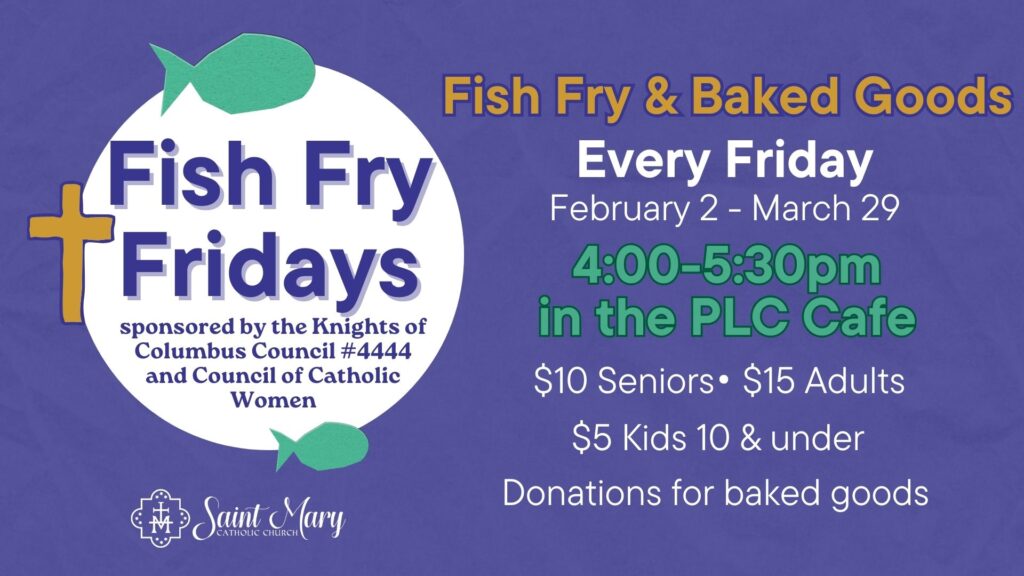
MARCH 29TH FISH FRY IS CANCELLED. We pray you have a blessed Triduum and Easter!
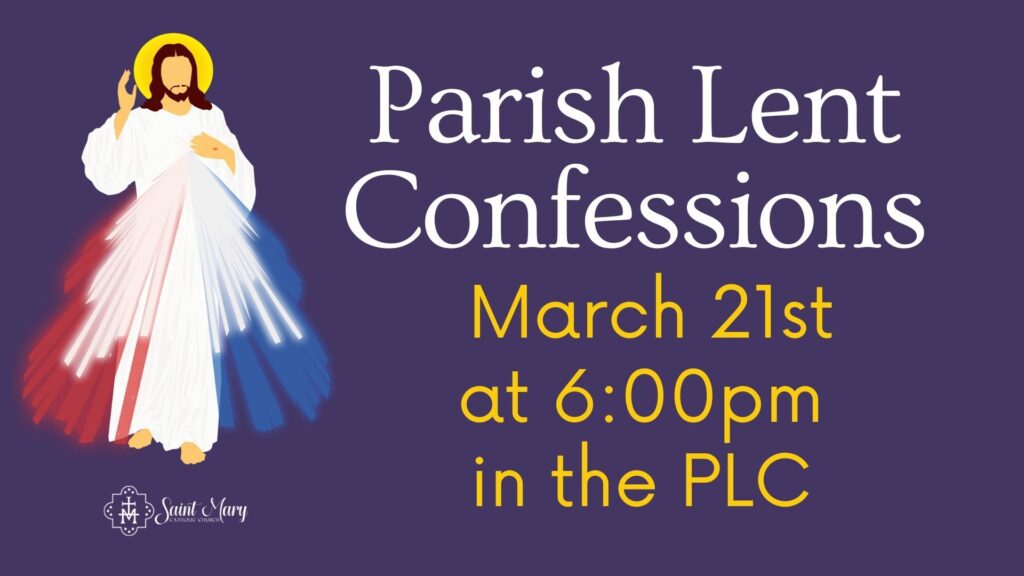
Fasting and Abstinence
Please read below for Fasting and Abstinence guidelines:
- The law of fasting requires a Catholic from the 18th to the 59th birthday to reduce the amount of food eaten from normal. The Church defines this as one meal a day, and two smaller meals which if added together would not exceed the main meal in quantity. Such fasting is obligatory on Ash Wednesday and Good Friday. The fast is broken by eating between meals and by drinks which could be considered food (milk shakes, but not milk). Alcoholic beverages do not break the fast; however, they seem to be contrary to the spirit of doing penance.
- Who are excused from fast or abstinence (besides those outside the age limits)? Those of unsound mind, the sick, the frail, pregnant or nursing women according to need for meat or nourishment, manual laborers according to need, guests at a meal who cannot excuse themselves without giving great offense or causing enmity and other situations of moral or physical impossibility to observe the penitential discipline.
- Aside from these minimum penitential requirements Catholics are encouraged to impose some personal penance on themselves at other times. It could be modeled after abstinence and fasting. A person could, for example, multiply the number of days they abstain. Some people give up meat entirely for religious motives (as opposed to those who give it up for health or other motives). Some religious orders, as a penance, never eat meat. Similarly, one could multiply the number of days that one fasted. The early Church had a practice of a Wednesday and Saturday fast. This fast could be the same as the Church’s law (one main meal and two smaller ones) or stricter, even bread and water. Such freely chosen fasting could also consist in giving up something one enjoys – candy, soft drinks, smoking, that cocktail before supper, and so on. This is left to the individual.
One final consideration. Before all else we are obliged to perform the duties of our state in life. Any deprivation that would seriously hinder us in carrying out our work, as students, employees or parents would be contrary to the will of God.
—- Colin B. Donovan, STL

